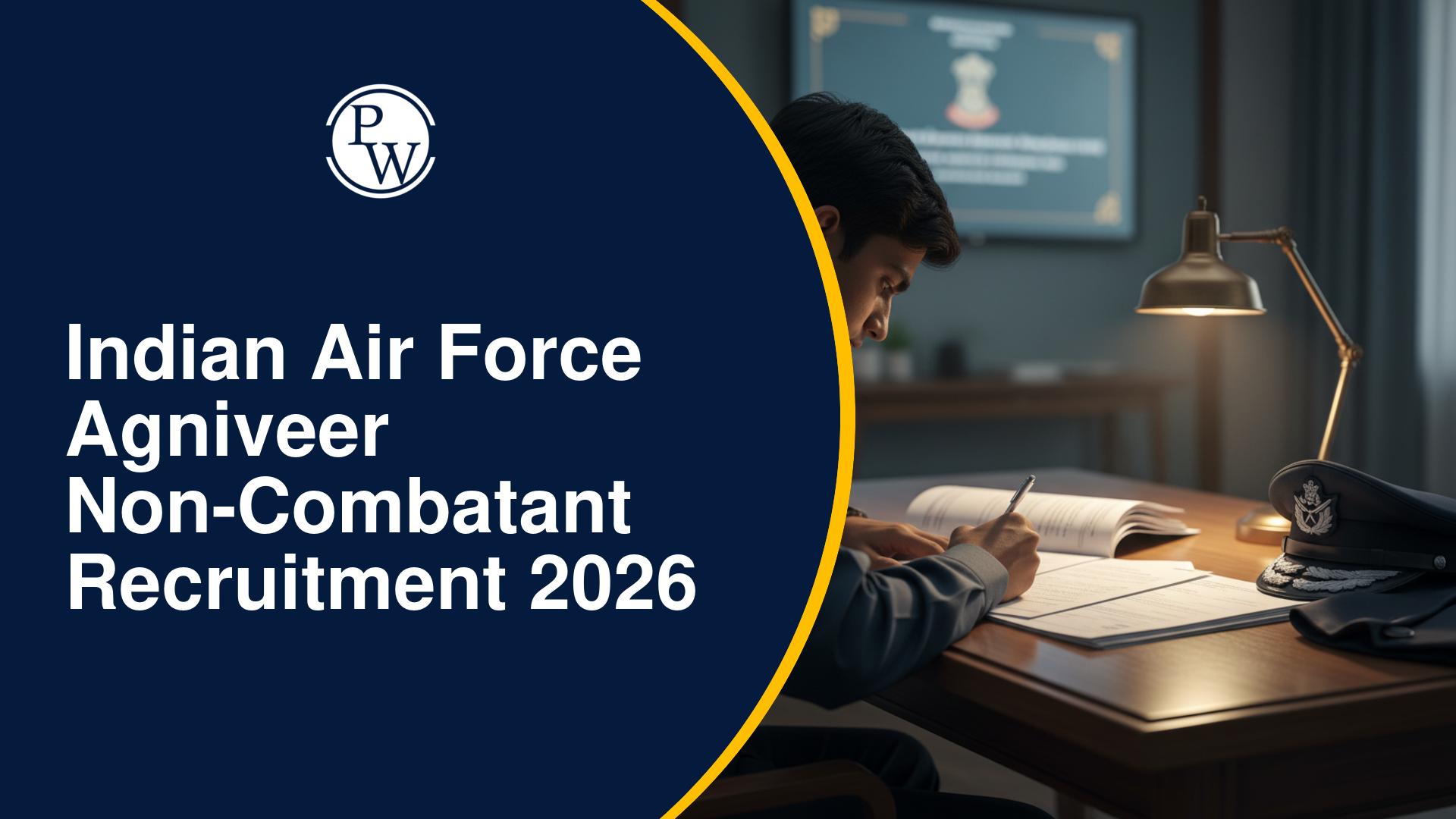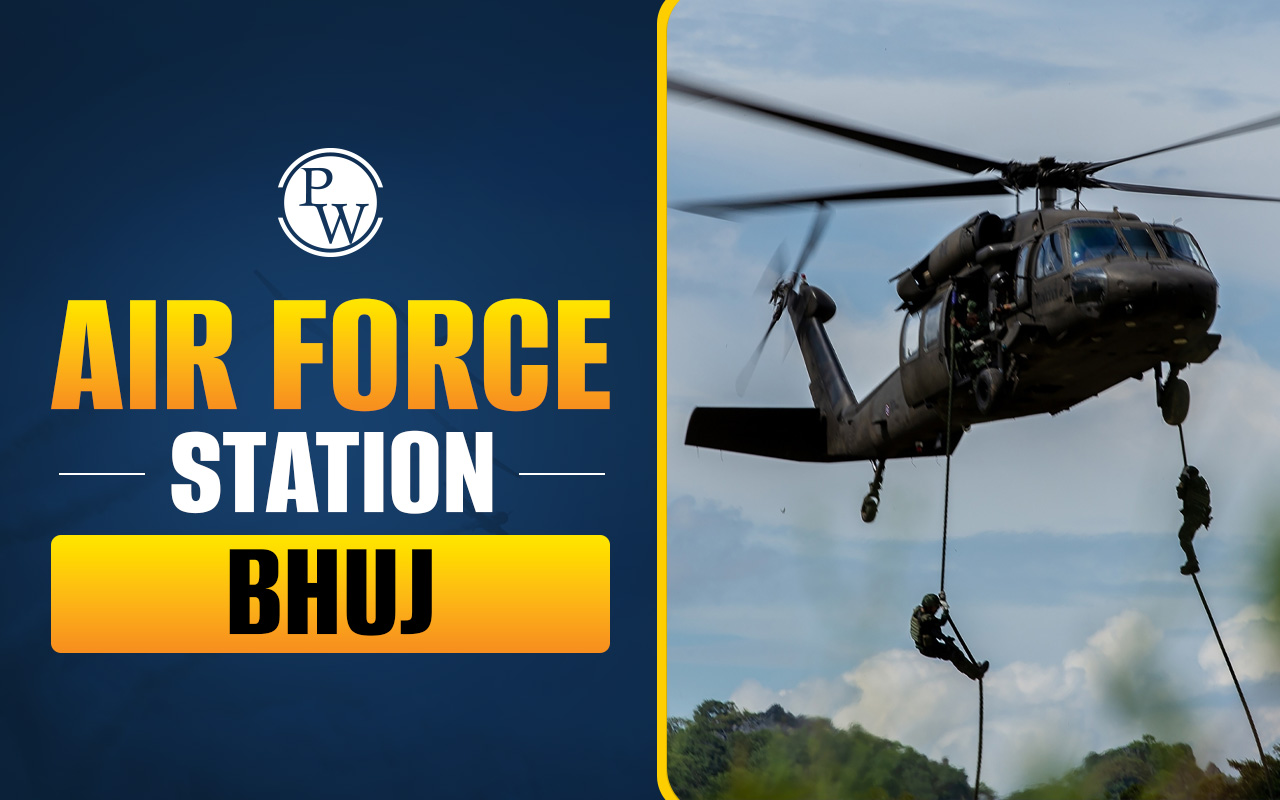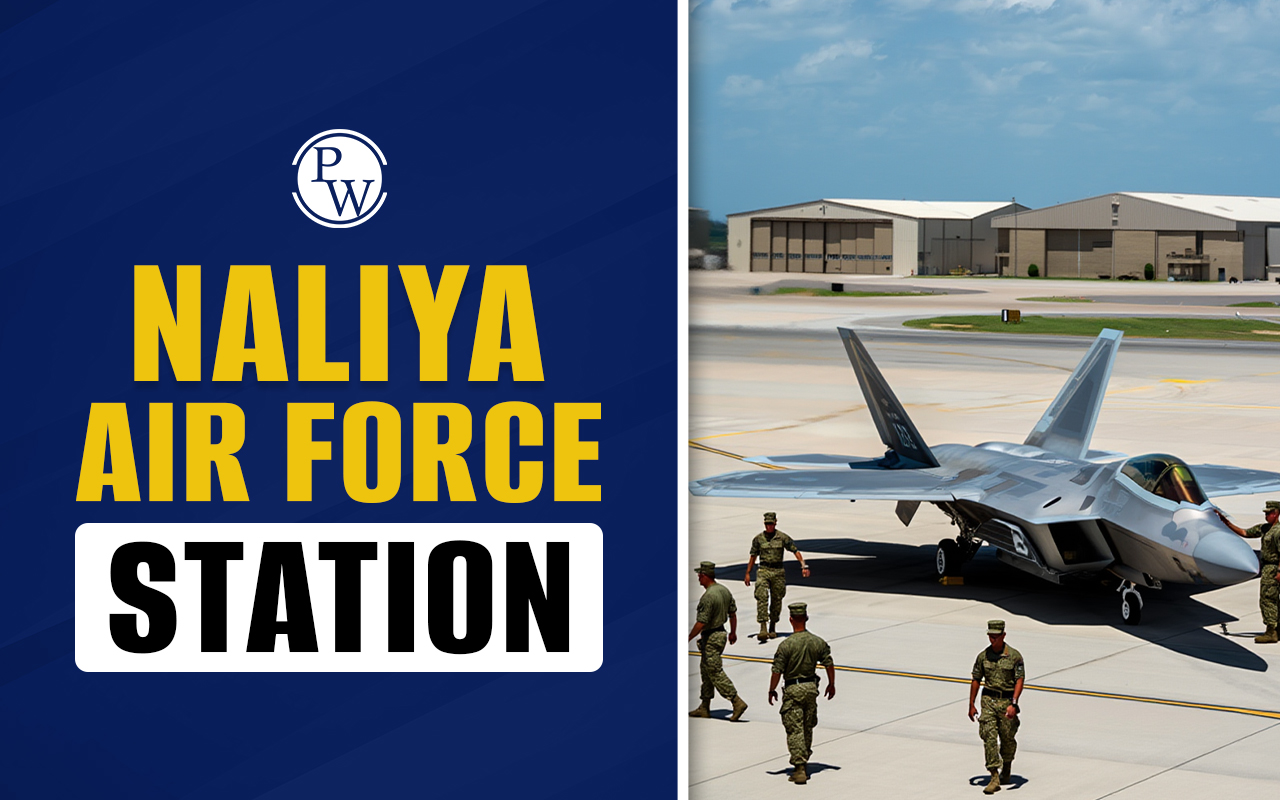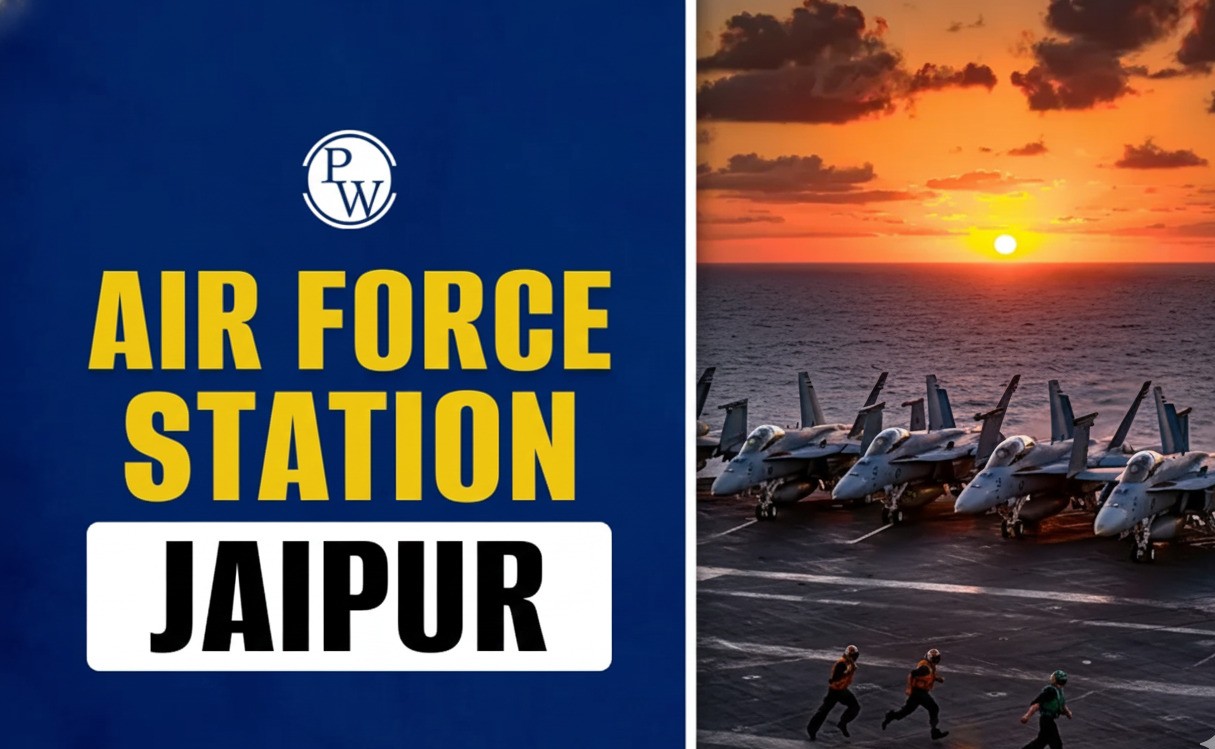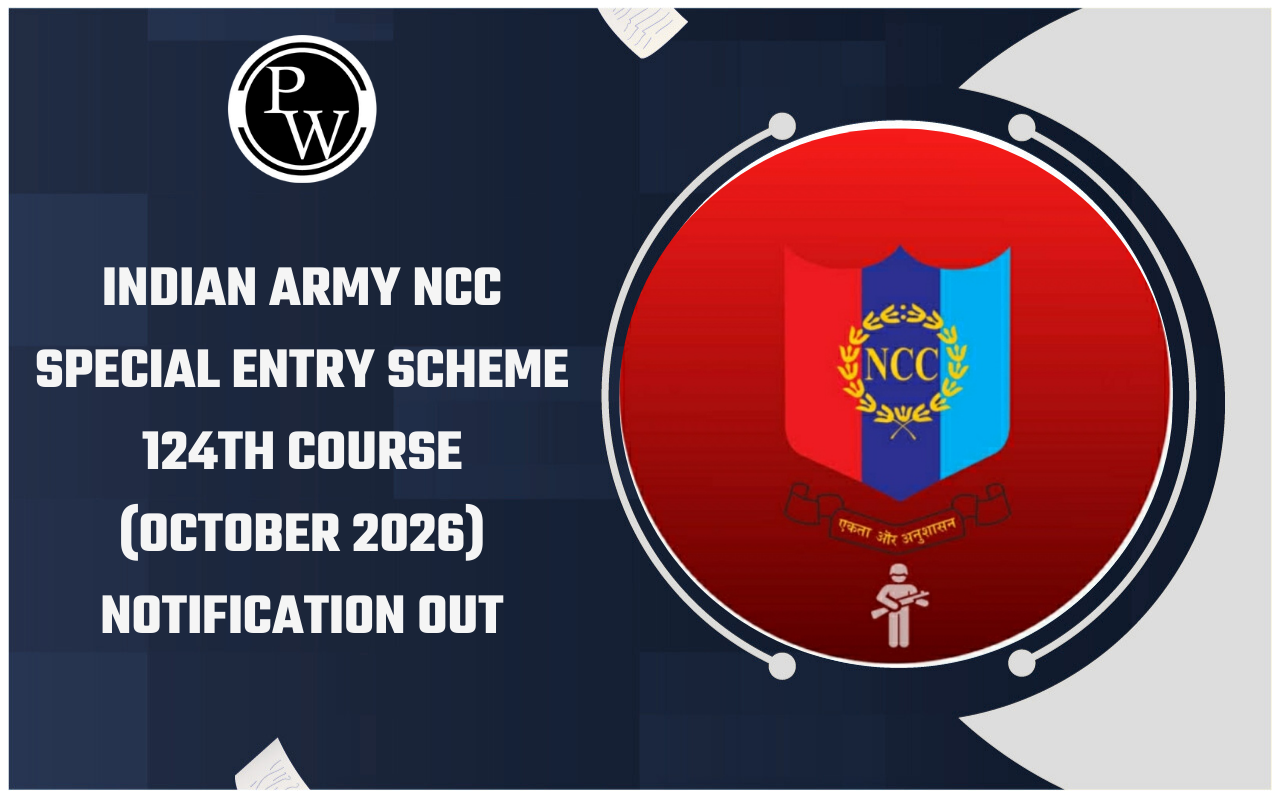
Indian Coast Guard vs Navy SSR: The Indian Coast Guard (ICG) and Navy Senior Secondary Recruits (Navy SSR) are two vital components of India's maritime defense structure. Both play crucial roles in ensuring national security and safeguarding maritime interests. This article provides a comprehensive comparison between the Indian Coast Guard and Navy SSR, covering their origins, roles, responsibilities, training, and career prospects.
Indian Coast Guard vs Navy SSR Overview
The Indian Coast Guard and Navy Senior Secondary Recruits (Navy SSR) play crucial roles in safeguarding India's maritime interests. While both forces operate in the maritime domain, their missions, training, and responsibilities differ significantly.
|
Aspect |
Indian Coast Guard |
Navy SSR (Senior Secondary Recruits) |
|---|---|---|
|
Establishment |
1978 |
1958 |
|
Primary Role |
Coastal security, search and rescue, pollution control |
Naval defence, combat operations, maritime security |
|
Training |
Basic and specialized training at ICG Training Centre |
Basic training at INS Chilka, followed by advanced training |
|
Career Path |
Officer and sailor ranks |
Primarily sailor ranks, potential to rise to officer ranks |
|
Key Operations |
Search and rescue, anti-smuggling, environmental protection |
Naval warfare, strategic deterrence, maritime security |
|
Area of Operation |
Coastal waters, Exclusive Economic Zone (EEZ) |
High seas, international waters, coastal and territorial waters |
|
Key Vessels |
Offshore patrol vessels, fast patrol vessels, pollution control vessels |
Destroyers, frigates, submarines, aircraft carriers, patrol vessels |
Indian Coast Guard vs Navy SSR: Origin and Establishment
Indian Coast Guard: Established in 1978, the Indian Coast Guard was formed to protect India's maritime interests and enforce maritime laws. It operates under the Ministry of Defence and plays a crucial role in coastal security, search and rescue operations, and environmental protection.
Navy SSR: The Indian Navy, established in 1958, recruits personnel under the Senior Secondary Recruits (SSR) entry scheme. The SSR cadre is crucial for manning various naval platforms and supporting combat and non-combat operations.
Indian Coast Guard vs Navy SSR: Roles and Responsibilities
Roles and Responsibilities of the Indian Coast Guard and Navy SSR are mentioned below:-
Indian Coast Guard
-
Coastal Security: The ICG ensures the security of India's coastal regions and prevents illegal activities such as smuggling, piracy, and infiltration.
-
Search and Rescue: It conducts search and rescue operations to save lives at sea during natural disasters, accidents, and emergencies.
-
Pollution Control: The ICG is responsible for preventing and controlling marine pollution and protecting the marine environment.
-
Law Enforcement: It enforces maritime laws and regulations, including fisheries protection and anti-smuggling operations.
Navy SSR
-
Naval Defense: Navy SSR personnel are involved in naval defense operations, including anti-submarine warfare, mine countermeasures, and surface combat.
-
Strategic Deterrence: They play a role in maintaining strategic deterrence through the deployment of nuclear submarines and other strategic assets.
-
Maritime Security: Navy SSR ensures the security of maritime trade routes, ports, and territorial waters.
-
Humanitarian Assistance: They provide humanitarian assistance and disaster relief during natural calamities and emergencies.
Indian Coast Guard vs Navy SSR: Training and Career Path
Training and Career Opportunities for the Indian Coast Guard and Navy SSR are discussed below:-
Indian Coast Guard
-
Training: The Indian Coast Guard provides basic training at the Indian Coast Guard Training Centre in Kochi, followed by specialized training at various training establishments.
-
Career Path: Personnel can rise through the ranks from sailors to officers, with opportunities for specialization in various fields such as aviation, technical, and logistics.
Navy SSR
-
Training: Navy SSR recruits undergo basic training at INS Chilka, Odisha, followed by advanced training at various naval establishments.
-
Career Path: SSR personnel start as sailors but have the potential to rise to higher ranks, including Petty Officer and Chief Petty Officer. Exceptional sailors may also be promoted to officer ranks through the Commission Worthy (CW) scheme.
Indian Coast Guard vs Navy SSR: Key Operations and Area of Operation
Areas of Operation of the Indian Coast Guard and Navy SSR are discussed below:-
|
Operation |
Indian Coast Guard |
Navy SSR (Senior Secondary Recruits) |
|---|---|---|
|
Coastal Security |
Primary |
Secondary |
|
Search and Rescue |
Primary |
Secondary |
|
Anti-Smuggling |
Primary |
Secondary |
|
Environmental Protection |
Primary |
Secondary |
|
Naval Warfare |
Secondary |
Primary |
|
Strategic Deterrence |
Secondary |
Primary |
|
Maritime Security |
Secondary |
Primary |
|
Humanitarian Assistance |
Primary |
Secondary |
Indian Coast Guard vs Navy SSR: Key Vessels and Equipment
Check key Vessels and Equipment of Indian Coast Guard and Navy SSR below:-
Indian Coast Guard
-
Offshore Patrol Vessels (OPVs): Used for extended patrols and surveillance of the Exclusive Economic Zone (EEZ).
-
Fast Patrol Vessels (FPVs): High-speed vessels used for rapid response and interception.
-
Pollution Control Vessels (PCVs): Equipped to handle marine pollution incidents and conduct oil spill response operations.
Navy SSR
-
Destroyers: Multi-role warships equipped with advanced weaponry for surface and anti-aircraft warfare.
-
Frigates: Versatile ships used for escort missions, anti-submarine warfare, and surface combat.
-
Submarines: Nuclear and diesel-electric submarines for strategic deterrence, surveillance, and offensive operations.
-
Aircraft Carriers: Platforms for projecting air power and supporting naval operations.
Both the Indian Coast Guard and Navy SSR are integral to India's maritime defense strategy, each with distinct roles and responsibilities. The Indian Coast Guard focuses on coastal security, search and rescue, and environmental protection, operating primarily in coastal waters and the Exclusive Economic Zone. In contrast, Navy SSR personnel are engaged in naval defense, strategic deterrence, and maritime security, operating on the high seas and in international waters. The comprehensive training and career development opportunities in both services ensure that personnel are well-prepared to handle their respective duties, contributing to the safety and security of India's maritime interests.
|
Defence Exams Related Links |
|
|---|---|
Indian Coast Guard vs Navy SSR FAQs
Which is better: Indian Coast Guard or Navy SSR?
Can a Navy SSR become an officer like in the Coast Guard?
What is the salary difference between Indian Coast Guard and Navy SSR?
Do Coast Guard and Navy SSR get the same training?
Is the Indian Coast Guard part of the Indian Navy?


